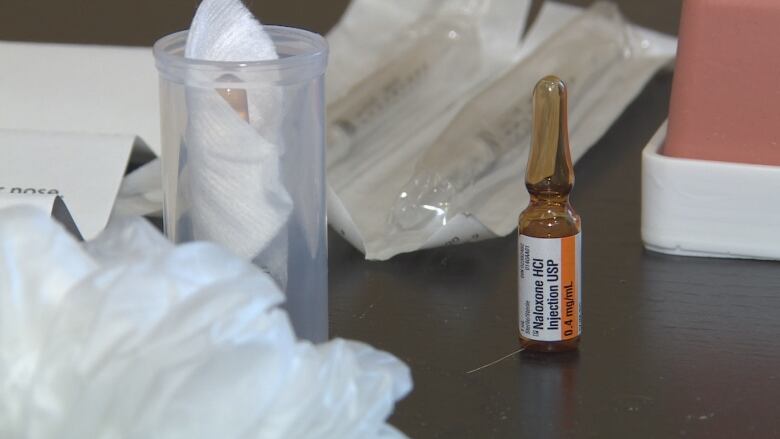Windsor police consider naloxone kits for officers
Spike in Fentanyl abuse results in need for naloxone antidote kits for police

Windsor police are working with the province's chiefs of police to allow officers to carry naloxone kits, life-saving antidotes used to counteract overdoses of the opioidfentanyl.
Three Winnipeg officers were forced to self-administer naloxone Monday after a possible exposure to fentanyl. The opioid comes in many different forms and even casual contact can lead to an accidental overdose.
- Winnipeg police armed with life-saving fentanyl overdose antidote
- How to use a naloxone kit for a fentanyl overdose
Windsor police deputy chief Vince Power describesthe Winnipeg incident as an example of the increasing need for a best practices protocol. But the force must first consider thecost of the kits and officer training.
"Certainly the trend is sweeping across the country, that's why in Ontario it is being studied by many police services," he said.
Joe Couto, the director of government relations and communications for the Ontario Association of Chiefs of Police, says they want officers across the province to carry the kits, not just for their safety but also to help others suffering an overdose.
"Our officers are sometimes the first on the scene when someone is having an overdose, so having them outfitted with naloxone kits will save lives," said Couto.
Police services in Brantford, Kitchener-Waterloo and Barrie have already started distributing the kits to their officers.
But Couto says the OACP doesn't want to see a "patchwork" approach across the province. Instead, they prefer a standardized protocol to administering them. Even with a standard practice, he wants much of the decision makingin the hands of the individual police services.
"It should be a local decision who gets it, how many officers get it, whether they're in the cars or on the officers person, but not having [them] is not an option," said Couto.
The OACP is working with the Ministry of Community Safety and Correctional Services and the Ministry of Health to develop the strategy.
"This is a health care crisis we have in Ontario," said Couto.
He hopes to have the strategy in place by the end of the year.












_(720p).jpg)


 OFFICIAL HD MUSIC VIDEO.jpg)
.jpg)



























































































